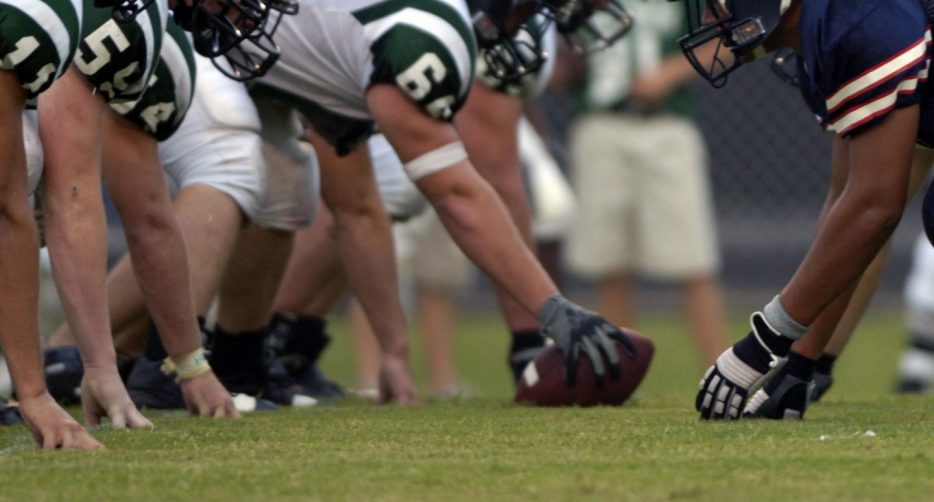
There are just a handful of events that cause a fervour in the United States every year and Super Bowl Sunday is one of them. The weeks surrounding the event are underpinned by businesses, athletes and spectators planning how and where to watch the game.
The mobile data of spectators has become an increasingly valuable resource to understand fan behavior and travel patterns. This includes how fans travelled to Minneapolis, moved within the city, and how long they stayed to celebrate — or commiserate — before returning to their home states.
By analyzing our data, we discovered patterns of movement amongst supporters, as well as a theory behind the victory of the Philadelphia Eagles: Almost twice as many Eagles fans showed up to support their team compared to the Patriots fans. This hints at the impact that a strong fan turnout can have on the overall game result.
Following the Eagles’ triumph, we looked at the common behaviours of fans travelling into the city from Boston and Philadelphia and found:

Compared to the national average of Americans who attended work on Monday, February 5, fans of the winning team took time to celebrate and worked less than the average U.S. workforce while the losing team worked more. This breaks down as:
The overall takeaway from these numbers? A Super Bowl victory translates into happy fans working less, while a defeat means people are more likely to show up at work and commiserate with co-workers.
Future host cities can benefit from our data insights as well. For instance, data can inform their infrastructure plans for transport and security during this exceptionally busy event by anticipating the travel movements of fans. Knowing that winning fans may have more spectators and are susceptible to staying in the city to celebrate, can ensure the city is well-equipped for increased tourism.
The information revolution has generated a wealth of data and within it stories of how people and entire populations live and move. Using big data to understand these travel patterns allows us to improve experiences and events like the Super Bowl — even if your team doesn’t score the winning touchdown.